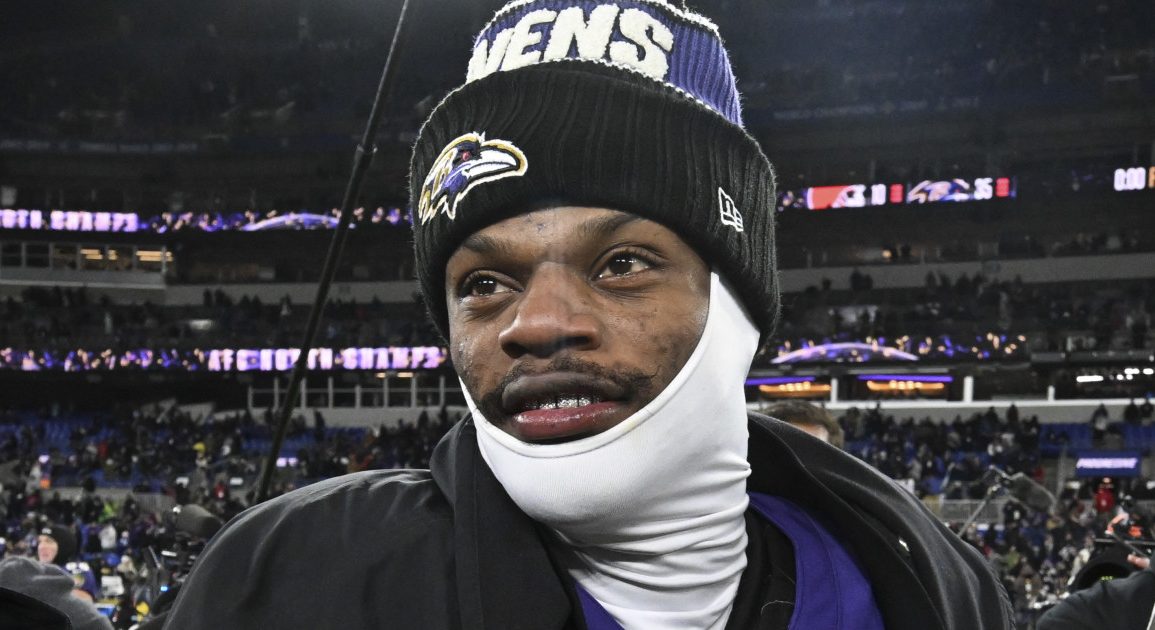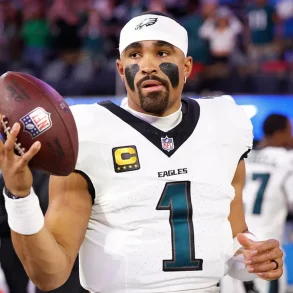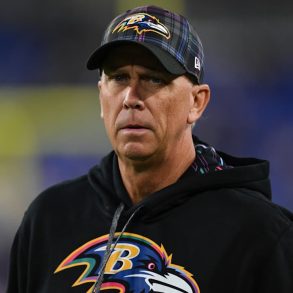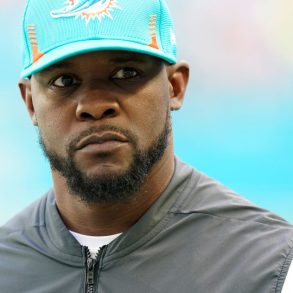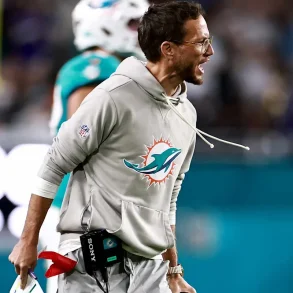In January, the NFL Players Association quietly secured a partial win in a collusion grievance against the NFL. The case alleged that league officials, backed by the Commissioner, encouraged teams to avoid offering fully guaranteed contracts to star quarterbacks.
Surprisingly, the NFLPA withheld this information from the public and its own players for more than five months. It wasn’t until journalist Pablo Torre uncovered the ruling that it came to light, sparking backlash over the union’s lack of transparency.
Lamar Jackson’s Lack of Offers Highlights Impact of NFL’s Collusion and NFLPA’s Failure to Disclose Critical Grievance Ruling
Lamar Jackson, the 2019 NFL MVP and a central figure in the grievance, was notably impacted by this quiet collusion. Despite being available on a non-exclusive franchise tag in 2023, Jackson received no offers—an unusual situation for a player of his talent.
The collusion ruling supports the idea that teams were discouraged from offering fully guaranteed contracts, the very type of deal Jackson had openly pursued. This undermines the fairness of the market Jackson was negotiating in.
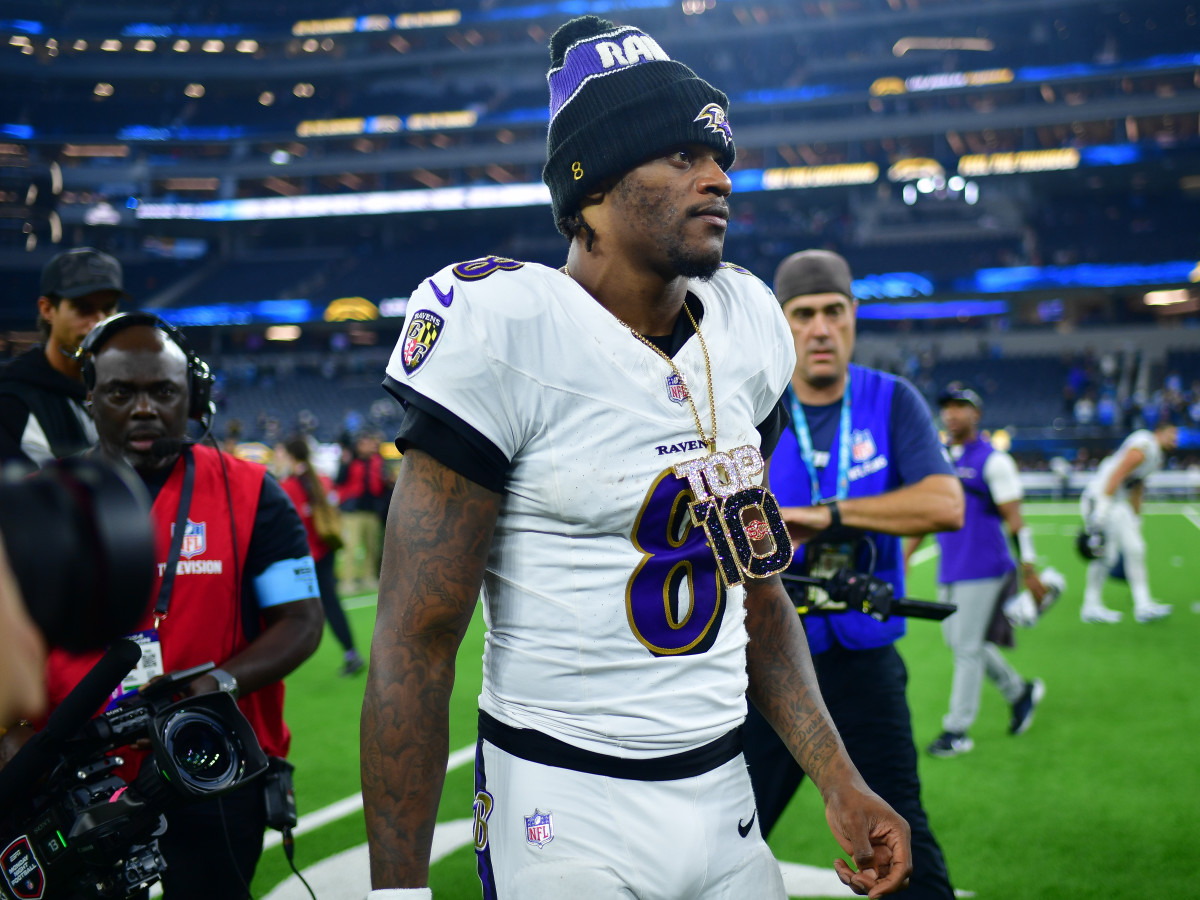
Jackson has declined to speak on the ruling, telling reporters he’s “focused on football right now.” While understandable, his silence does not erase the fact that he may have been significantly disadvantaged by the NFLPA’s decision to bury the case. If Jackson had been made aware of the outcome earlier, it could have boosted his leverage and potentially led to a different contract structure, possibly even a fully guaranteed deal.
Jackson’s Contract Future and NFLPA’s Concealment May Shape Upcoming Negotiation Leverage
Jackson’s current contract has three years left, but both he and the Ravens have acknowledged the potential for a new agreement down the line. If no extension is reached, 2026 could become a key year for renegotiations.
Notably, Jackson’s 2027 cap hit of $74.5 million would make franchising him in 2028 nearly impossible due to the league’s 20% salary increase rule. This scenario positions Jackson to regain leverage, especially if he reintroduces the issue of guaranteed money into future talks.
The revelation raises uncomfortable questions about the NFLPA’s role in protecting its players’ interests. By keeping the ruling under wraps, the union may have inadvertently sabotaged Jackson’s ability to demand fair compensation in line with market dynamics.
Whether Jackson chooses to publicly challenge the union or use the information quietly in future negotiations remains to be seen, but the damage caused by this concealment has likely already shaped his contract history in a lasting way.



